Smart company owners and facility managers know just how important it is to be flexible when it comes to evaluating things they use every day. Examples include equipment on the factory floor and software residing on company servers.
When reviewing your company’s utility bills, a rise in the cost of cooling your establishment will leap off of the page and make you wonder what steps you can take to control costs.
Many businesses interested in improving efficiency will opt for an air conditioning solution that includes a variable speed compressor. This kind of compressor’s motor will slow down or speed up to accommodate varying load requirements while keeping the entire building consistently cool.
Compare this to how cars work. If your vehicle only had two control settings for on or off, you would be forced to go faster than you need or want to on some occasions, or wind up just sitting in the stopped car. But drivers can adjust the speed of the car at will to take into account factors such as additional weight (items in the trunk or a person in the passenger seat). A variable speed compressor’s motor speeds up when it needs additional power to drive more cool air into the building, and slows down when the cooing load requirement is reduced.
Lower Costs
If your air conditioning system is programmed to kick in when the temperature reaches a particular level, such as 76 degrees Fahrenheit, it will activate and continue running until the thermostat detects a change in the building’s temperature.
What if your equipment was upgraded and now the compressor is “smart” about detecting shifts in load requirements for air conditioning at any given time? If less power is needed thanks to the variable speed capability, your power bills will start going down.
Reduced Humidity
People being made uncomfortable because of damp clothing that results from perspiration during periods of higher humidity is a situation all companies should avoid.
Keeping employees, clients or customers unduly warm in a humid situation can drastically lower morale and may even discourage new talent from applying if they hear rumors about your AC situation.
The variable speed compressor will help to reduce humidity because the more efficiently you cool the building, the better you will be at lowering the air’s temperature.
Better Efficiency with a Thermostat-Controlled Zone System
Like most organizations, your building has a number of different rooms that you’ve set aside for various high priorities, such as additional space for new recruits, equipment rooms, conference rooms and so on.
Rather than using a single thermostat to control all aspects of cooling, you can obtain better efficiencies by installing a thermostat that uses a zone system to deliver different levels of cooling to various rooms or areas in your building.
A thermostat-controlled zone system will not only slow down the compressor to use the least amount of energy needed to achieve a desired temperature for a room, it will stop sending cooled air to areas or rooms that don’t need it at the moment.
If your company is getting serious about conserving resources, especially when it comes to HVAC equipment, you’ll want to consider installing a variable speed compressor to save you money on utility bills. This has the added benefit of helping your organization “go green” and reduce its carbon footprint.
The professionals at AirPlus have plenty of experience installing variable speed compressors for HVAC systems in the greater Northern Virginia area and nearby communities. Since the benefits of using variable speed equipment will help save you money, there’s no time like now to make the change. For more information on our AC installation services or to get a free consultation, please contact AirPlus today.
The post Saving Money with Air Conditioning Variable Speed Compressors appeared first on HVAC Services Lorton | AirPlus Heating & Cooling.
.2309121422550.png)
